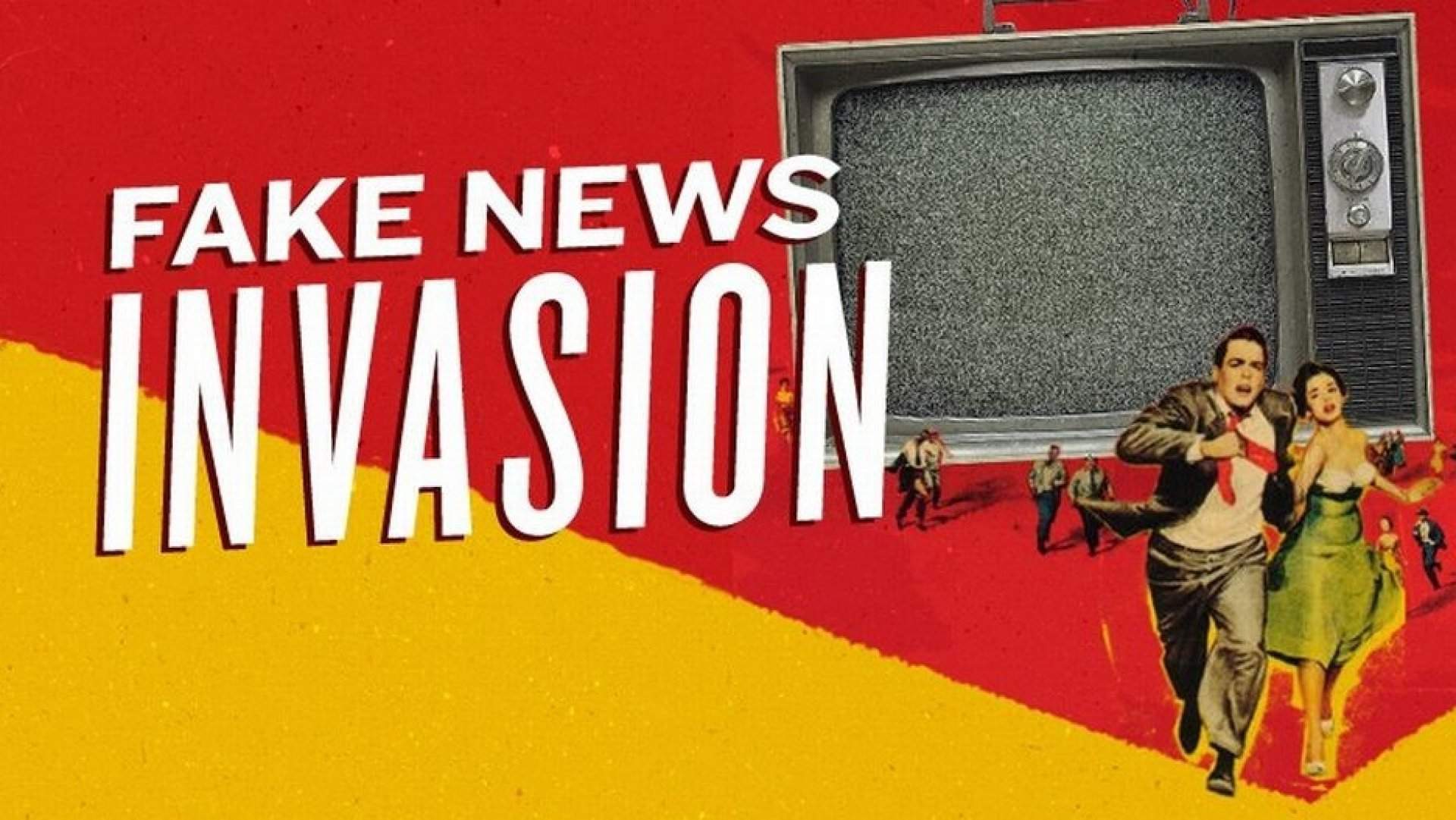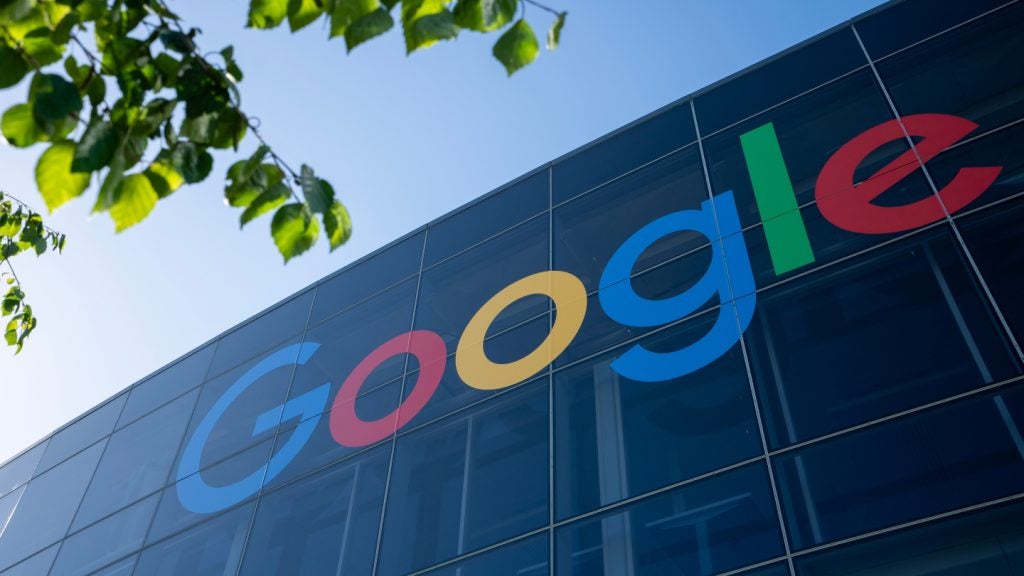Fake news is now infamous for the role it played in the politics of the so-called post-truth era, with experts claiming it as the driving force behind events such as the UK’s vote to leave the European Union and the US presidential election.
News sites and social media are plagued with unverified stories aimed to manipulate the decisions of their consumers.
Unfortunately, fake news has already made its way into the medical world and is set play a dangerous part throughout the healthcare industry.
Many fake medical news stories play upon consumer’s fears by providing misleading summaries of scientific studies.
Often times these articles are misleading but relatively harmless, such as claiming that favourite foods like bacon or coffee are guaranteed to give you cancer.
An issue of trust
However, some of these articles aim to sow distrust between doctors and patients.
How well do you really know your competitors?
Access the most comprehensive Company Profiles on the market, powered by GlobalData. Save hours of research. Gain competitive edge.

Thank you!
Your download email will arrive shortly
Not ready to buy yet? Download a free sample
We are confident about the unique quality of our Company Profiles. However, we want you to make the most beneficial decision for your business, so we offer a free sample that you can download by submitting the below form
By GlobalDataMany fake news articles misrepresent a study by the University of Washington by claiming that findings indicated a link between first trimester ultrasounds and autism, while failing to mention that the findings concern babies that were predisposed to autism already.
Another common fake news piece warns patients that mammograms are likely unnecessary because of the large amounts of false positives that result from them.
Unfortunately, many fake news stories are based on legitimate articles written with balanced perspectives and research, and twist them into inflammatory narratives.
The medical and global community already experienced the effects of fake news after a bogus study resulted in the so-called anti-vax movement — who eschew vaccines — and spike in once nearly-eradicated diseases such as measles.
Fake news stories targeting diagnostic procedures like prenatal ultrasound or mammography endanger individuals and their families, but can also contribute to dangerous misinformation campaigns while further antagonising the medical community.
Radiology already faces government reimbursement challenges due to a strained US healthcare system, and a widespread fear of diagnostic procedures could hurt patients, physicians, and manufacturers alike.






